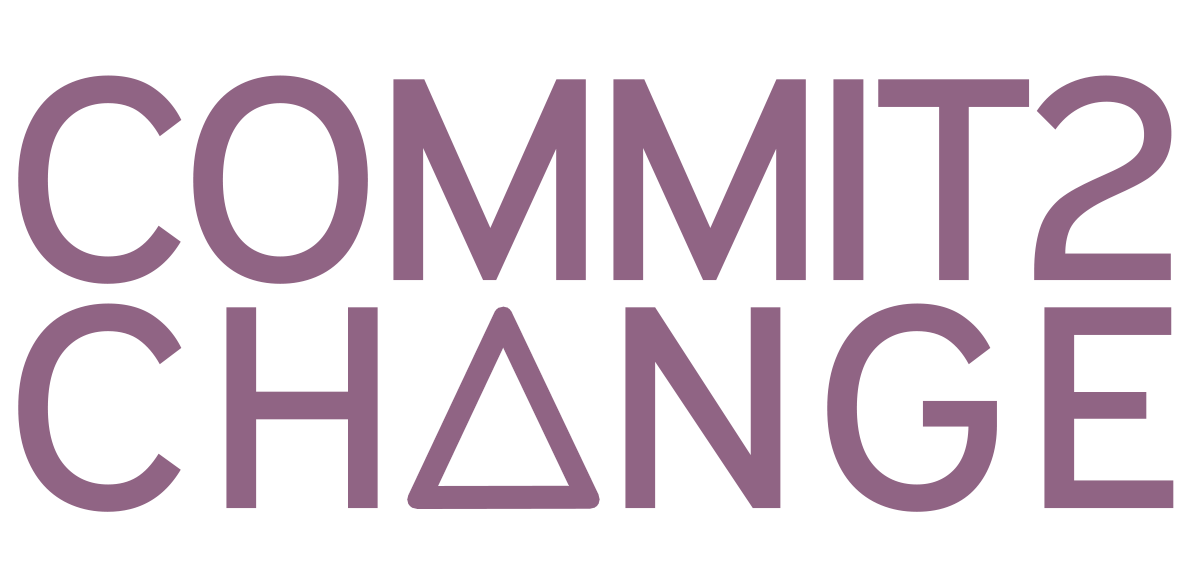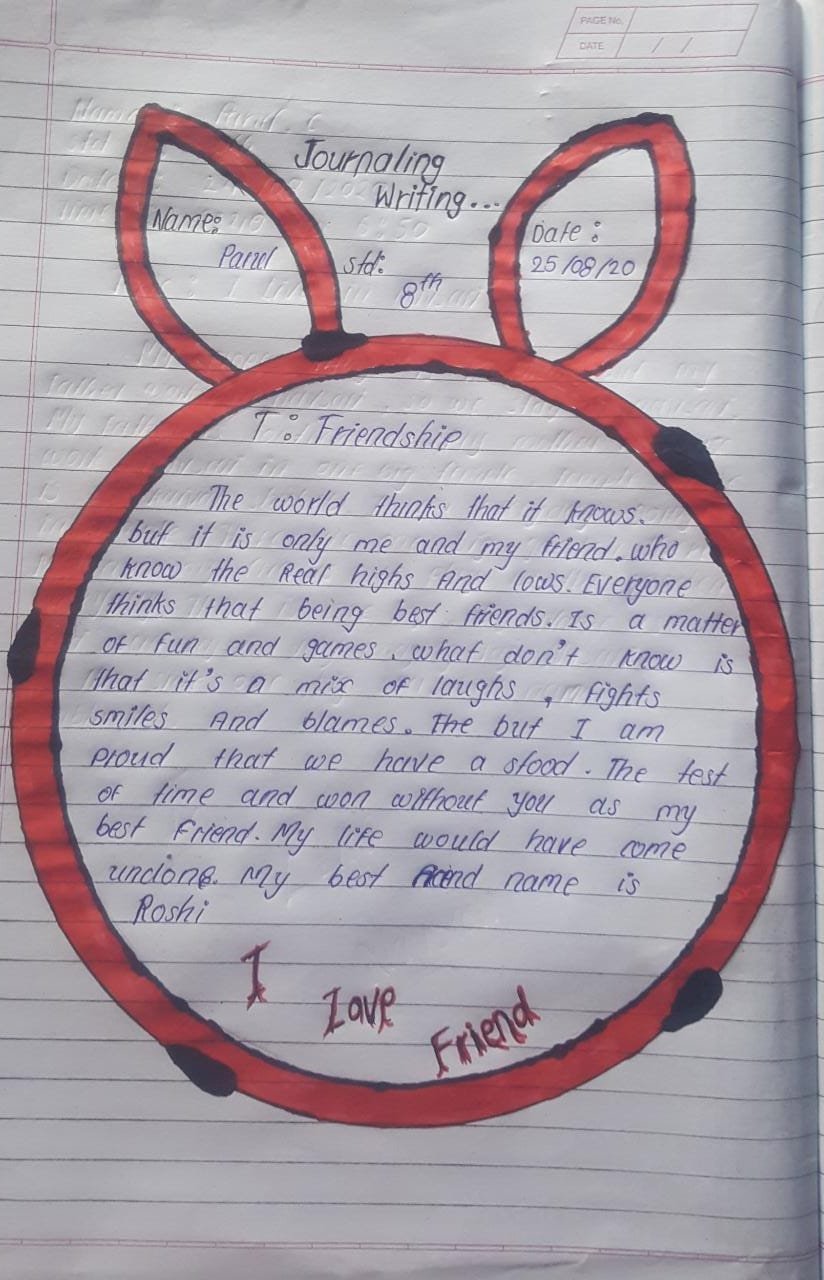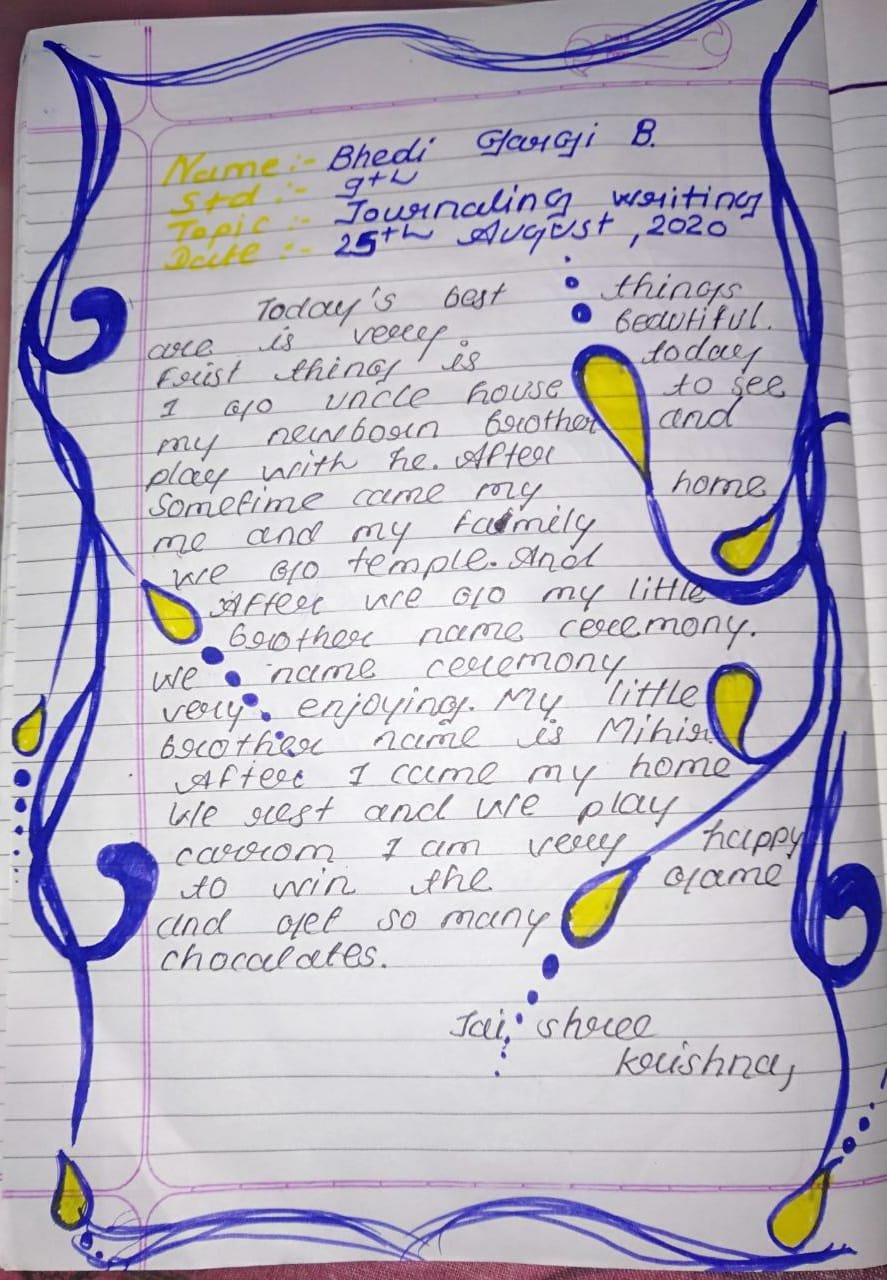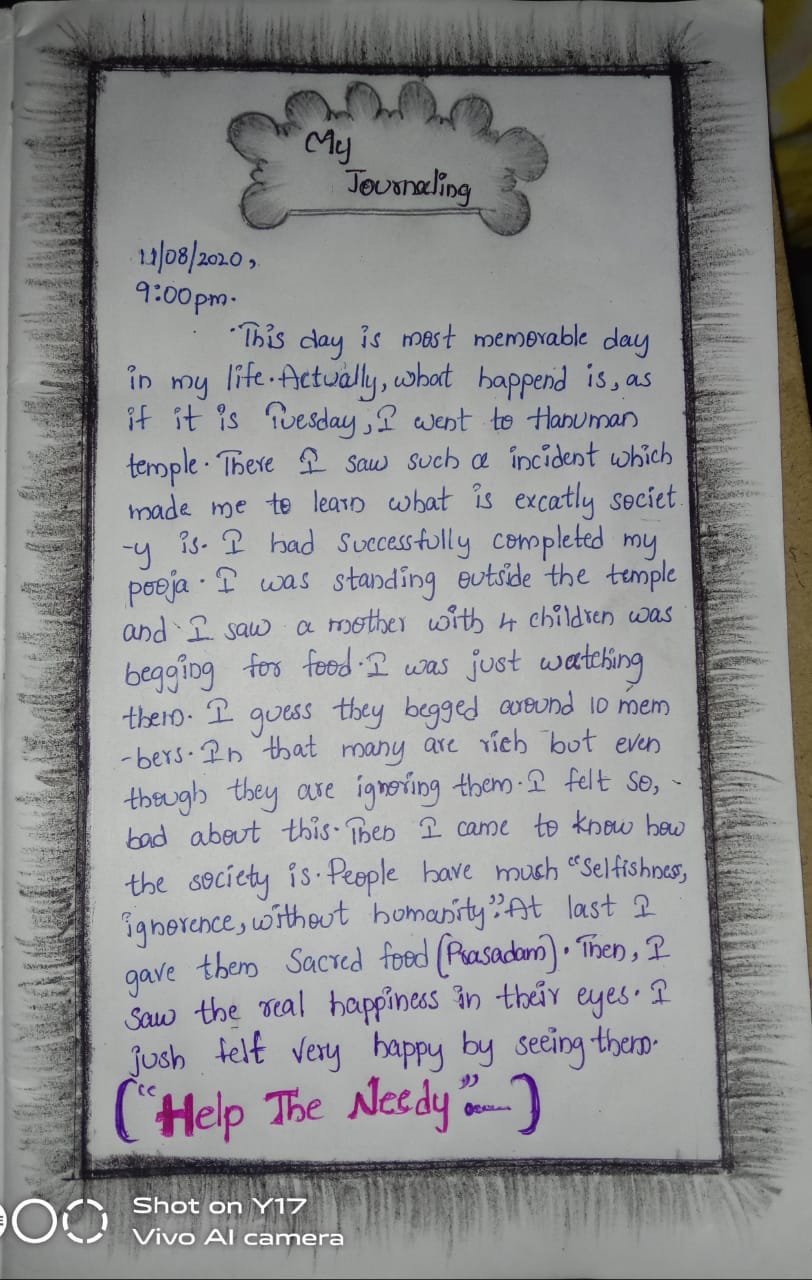The term “life skills” is often used to describe certain abilities necessary for a person’s overall independence and well-being, but it can be challenging to pin down the specifics. What, exactly, are “life skills?” Why are they important? Why and how should we teach them to children and adolescents?
Life skills are defined as adaptive and positive behaviors that enable people to deal effectively with the demands and challenges of life. Such abilities include problem-solving, decision-making, conflict resolution, self-reflection, communication, critical and creative thinking, financial literacy, and building healthy interpersonal relationships.
While people of all ages and on all socioeconomic levels need these abilities for productive, healthy lives, it is especially important for at-risk youth to develop life skills as they transition into adulthood. The benefits of life-skills training for adolescents are immeasurable, including greater self-esteem, enhanced personal and social success, a decrease in negative behaviors like drug and alcohol abuse, and stronger social networks.
Yet throughout the world, many girls in particular are hindered by a lack of life skills knowledge, which creates another obstacle on their path to self-autonomy. A large study commissioned by the Malala Foundation determined that 74% of girls living in middle-income countries like India are missing necessary life skills. The impoverished girls C2C serves often come from backgrounds where life skills are not prioritized.
At C2C, we believe that life skills are an integral part of educating and empowering girls. Life skills development not only allows girls to put their knowledge to practical use, it strengthens their confidence, promotes their personal and social development, and builds a strong foundation for their future wellness, stability, and success.
But a textbook or formal curriculum can’t fully teach a student how to understand or apply such abilities as self-reflection or conflict resolution. Rather, life skills are best learned through firsthand experiences and examples, personal interactions, and practical application. To help our students develop these skills, C2C incorporates the 4Cs—Confidence, Creativity, Communication, and Critical Thinking—into all of our team-based programs.
Each One Teach One
Life skills activities in Gujarat, India
The Each One, Teach One initiative began in 2020 during the COVID-19 pandemic and provides an experiential-based method of learning life skills. Through the program, C2C girls volunteer to teach grammar, sentence construction, and use of diction to local children whose schools have been shut down. Not only does the initiative teach the girls about character, volunteerism, and community outreach—all important life skills—it also enhances their confidence and fluency in the spoken English language.
C2C promotes self-reflection through our Journaling program in which girls are encouraged to write and/or draw their personal thoughts and feelings. The act of writing serves as a mindfulness tool to anchor writers in the present, making them more confident in themselves and their surroundings. As the girls engage with their thoughts, they strengthen their self-awareness, which in turn allows them to develop an understanding of their own feelings and behaviors both internally and in relation to others.
This video highlights the creative power of the girls’ journaling practice:
The Youth4Goals program activates young people to help achieve the United Nations’ Sustainable Development Goals (SDGs) for the creation of a better world. The goals are related to global issues such as poverty, gender equality, sustainable cities, clean water, and quality education. Through C2C’s TechLab program, C2C girls contribute to SDGs by proposing innovative and scalable IT solutions to tackle social issues. Some project examples include an app to help people donate goods and services locally, and an app to provide information about menstruation—all in local dialects. Through this exercise, the girls learn to delegate, work as a team, and tackle complex problems while also reinforcing their empowerment as global citizens.
There is statistical proof that girls benefit greatly from the incorporation of life-skills training in an educational setting. Girls who engage in life-skills development have lower dropout rates, improved social and emotional support, and a greater interest in their future. By incorporating critical life-skills training into all areas of our programming, C2C seeks to equip girls with the tools and abilities necessary for agency, well-being, and the strength to overcome challenges as they chart their life’s path.
References:





